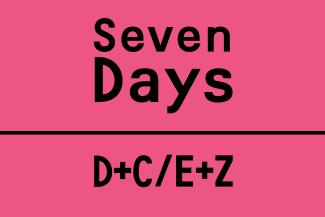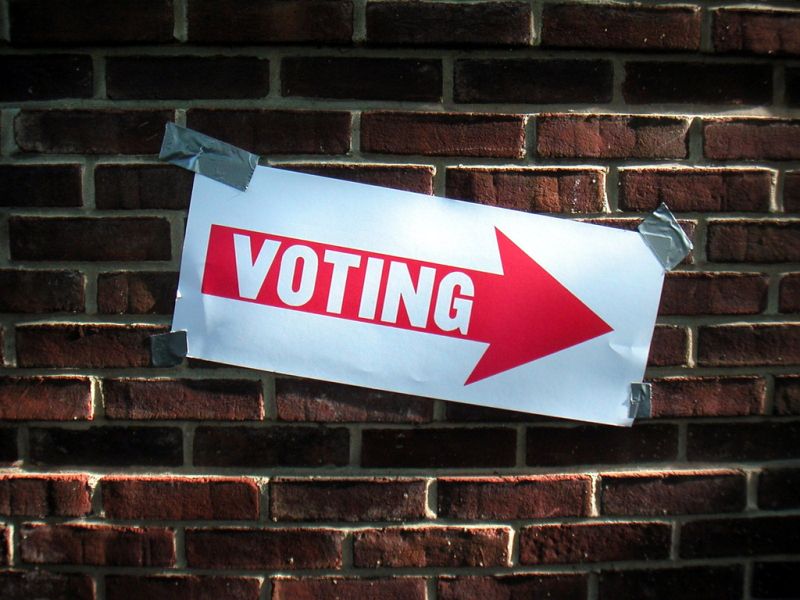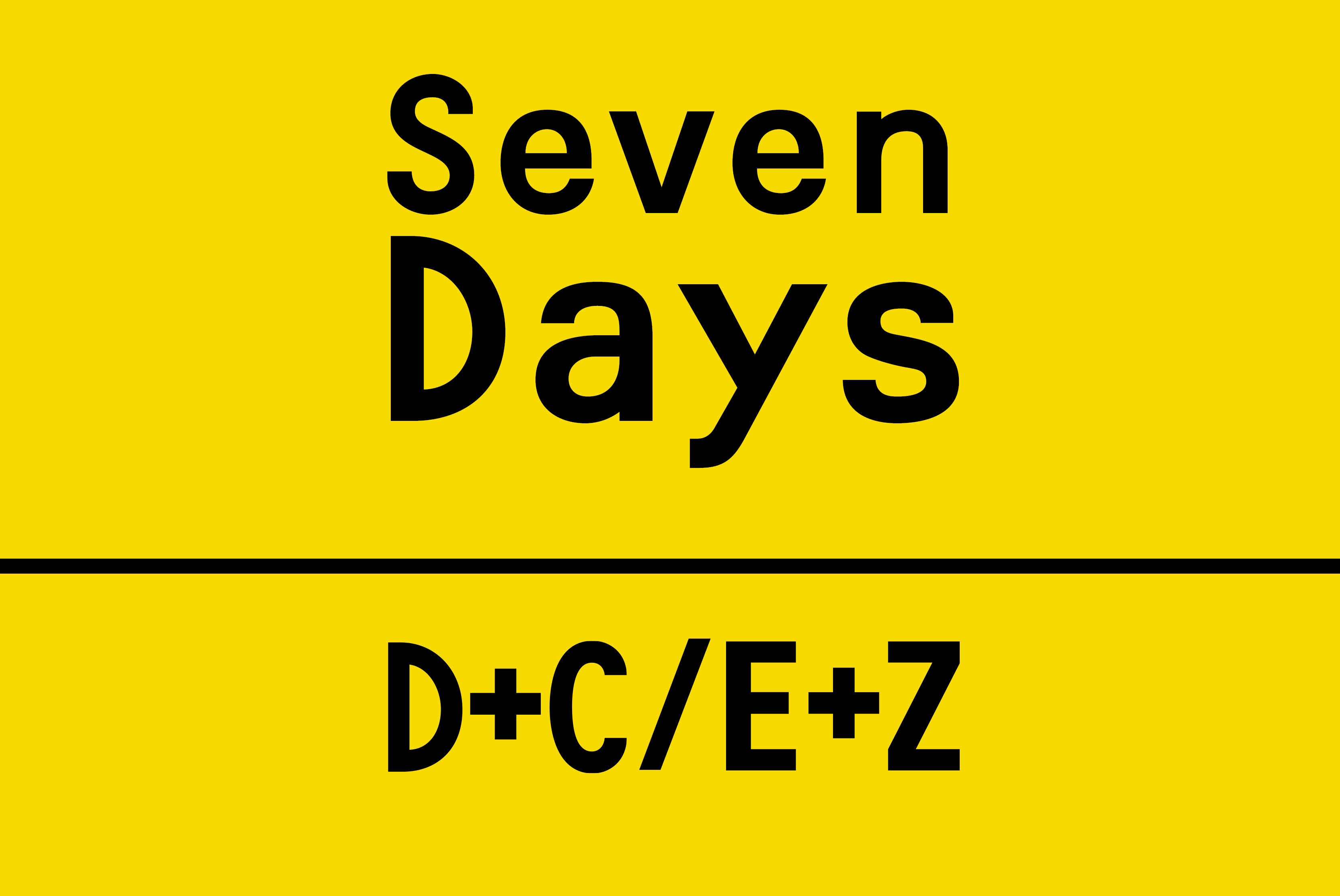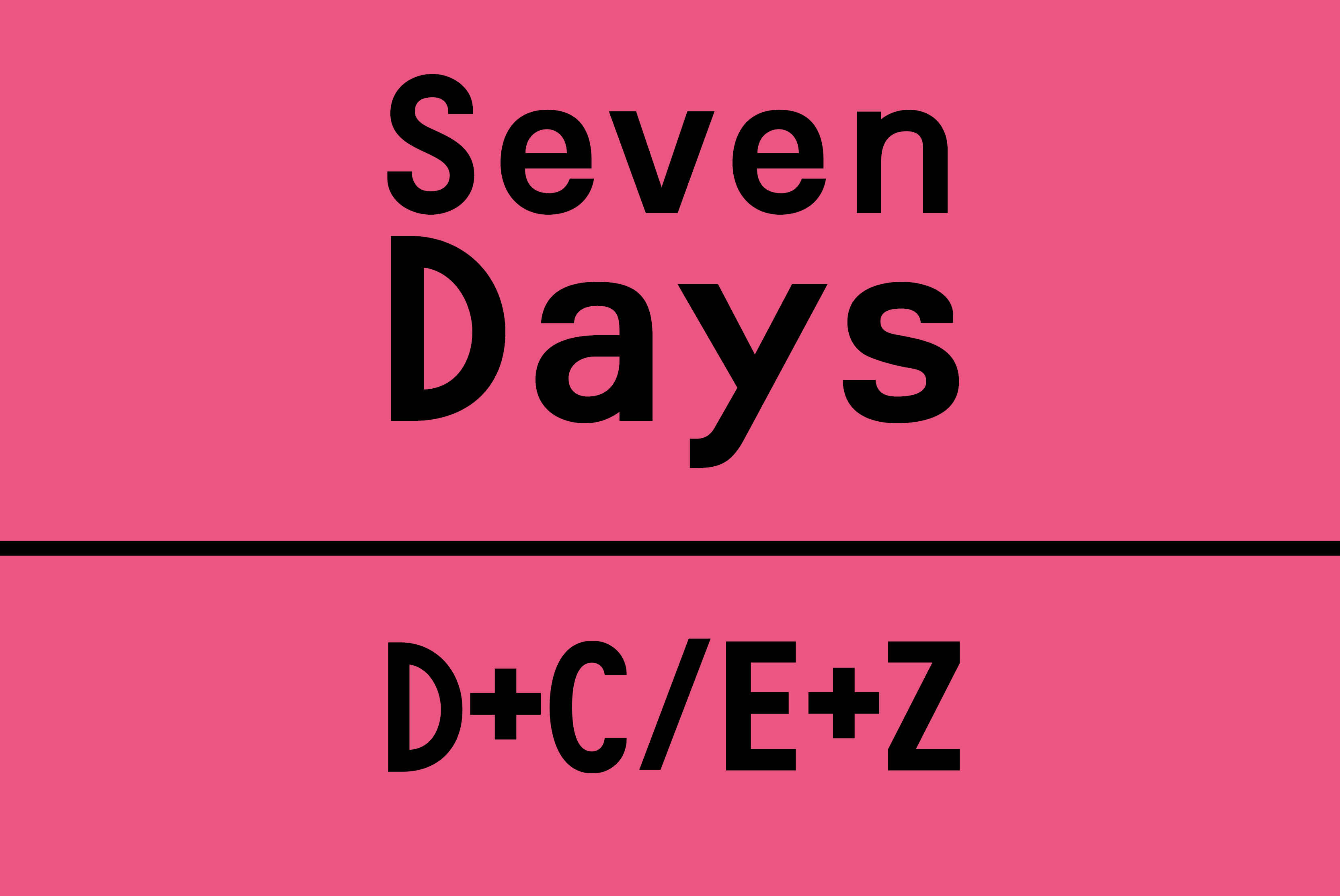In brief
News of the week

Earthquake in Nepal
Nepal is struggling to cope with the earthquake that hit the country on Saturday. The government has called for international support, but humanitarian agencies find it difficult to reach the affected mountain areas. Supplies of water and food have also run short in Kathmandu, the capital city, where many buildings and substantial cultural heritage was destroyed.
On Thursday, the official death toll was more than 6,000. It was expected to rise further. The earthquake was the worst in 80 years. Nepal’s infrastructure is poor. The country was mired in civil war ten years ago, and a new constitution has been promised, but not passed. Government institutions are weak and corruption is common.
Some rescue teams, especially those with helicopters, are reported to be focusing on areas where they hope to save wealthy tourists rather than helping the most affected villages. When Prime Minister Sushil Koirala visited a relief camp, people expressed their anger about not getting any aid.
Sources: Taz, Hindu
Too little awareness for anti-biotic resistance
The World Health Organisation (WHO) warns that more must be done to fight resistance to antibiotics. A new WHO report states that only 34 of 133 surveyed countries have comprehensive national plans on the matter.
Monitoring of antibiotic resistance is said to be essential, but “infrequent”. Obstacles include poor laboratory capacity, inadequate data management and lack of infrastructure in general, according to the report. Moreover, the sales of antibiotics and other antimicrobial medicines without prescription are said to remain widespread. Public awareness of the issue is low all over the world, according to the WHO, even though drug resistance can severely compound problems in the health sector.
Source: www.who.org
Nigeria’s state-owned oil corporation needs overhaul
The Nigerian National Petrol Corporation (NNCP) is operating in an unsustainable way and urgently needs to be reformed, according to PriceWaterhouseCoopers (PwC), the multinational accountancy. PwC ran an audit on behalf of President Goodluck Jonathan, who lost his re-election bid in March. The report that PwC published last week states that an audit according to normal standards proved impossible, but that NNPC transactions worth several billion dollars are dubious.
Jonathan had assigned PwC to check the NNCP last year, after Lamido Sanusi, then the governor of the central bank, had stated that the government-run oil company had withheld $ 20 billion from the treasury in the course of one and a half years. PwC did not confirm that sum, but its report reconfirms NNCP’s need of an overhaul. Sanusi was subsequently fired. One reason Jonathan lost the recent presidential election was Nigerians’ frustration with corruption.
Sources: FT, Thisday
NGOs call for multilateral instrument to restructure sovereign debt
Sovereign debt crises are becoming more likely, according to Schuldenreport 2015, a document published by erlassjahr.de and Kindernothilfe, two faith-based German non-governmental organisations. The authors warn that 83 countries currently have serious difficulties in regard to at least one indicator for unsustainable debt, while 16 have difficulties in regard to four such indicators. Three countries are said to be insolvent: Zimbabwe, Sudan and Grenada. Overall, the situation has deteriorated in 2014, with the number of troubled countries rising from 62 to 83.
The authors support the demand made by emerging markets and developing countries in the context of the UN to establish a fair and transparent mechanism to restructure sovereign debt in cases of crisis. This initiative is opposed by several advanced nations, including Germany. erlassjahr.de and Kindernothilfe promise to campaign for the cause.
Source: www.erlassjahr.de
Unrest in Burundi
Burundi’s government has shut down the national university temporarily after protests rocked the capital city Bujumbura last week. At least six persons were killed in riots, according to the Red Cross. People took to the streets after the governing party nominated President Pierre Nkurunziza to run for a third term. According to the constitution, a head of state must be elected by popular vote and may only serve two terms. Nkurunziza’s supporters argue that his first term does not count because he was elected by the legislature at the time. His opponents insist that two terms are the limit and that a third term would violate the peace agreement of 2006.
Burundi emerged from civil war in the past decades, but experts still consider the situation to be instable (see Gesine Ames and Jean-Marie Vianney Kavumbagu: http://www.dandc.eu/en/article/burundis-fragile-peace-balance-ahead-2015-elections). The tensions in Burundi affect the entire world region, as its rift between Hutus and Tutsi marks neighbouring countries as well. Several thousand refugees fled from Burundi to Rwanda last week.
Sources: VoA, Guardian
UN suspends whistle blower
French peace-keepers are accused sexually abusing minors in the Central African Republic last year, and, as a response, the UN has suspended the official who is believed to have informed the French authorities of the matter. The UN argues that Anders Kompass, a Swedish citizen, has breached protocol by leaking information to French authorities. The reasons are that he passed on classified documents before they had been submitted to the UN Office of the High Commissioner for Human Rights (UNHCR) and that he indicated the identity of witnesses. People close to the case, however, say that Kompass only turned to France when the UN failed to act.
The internal UN report is based on interviews with abused children. Both the UNHCRR and UNICEF were involved in conducting them. The number of abused children is probably higher. France and the UN are investigating the matter.
Sources: Guardian, dw
These items were compiled by Hans Dembowski on the basis of international media coverage.












